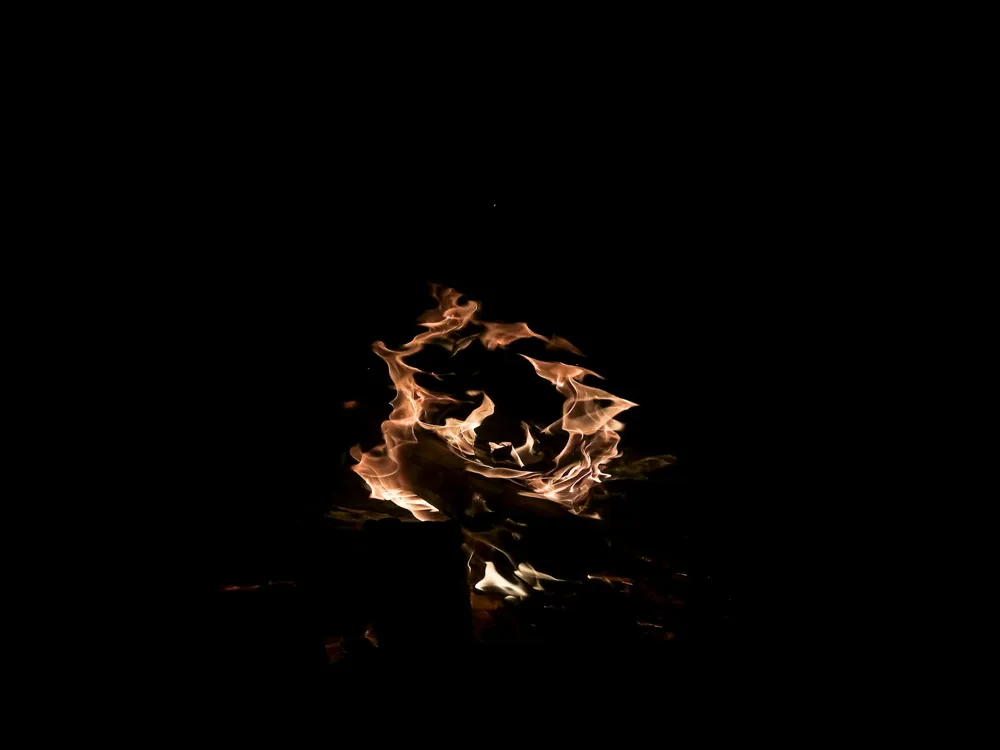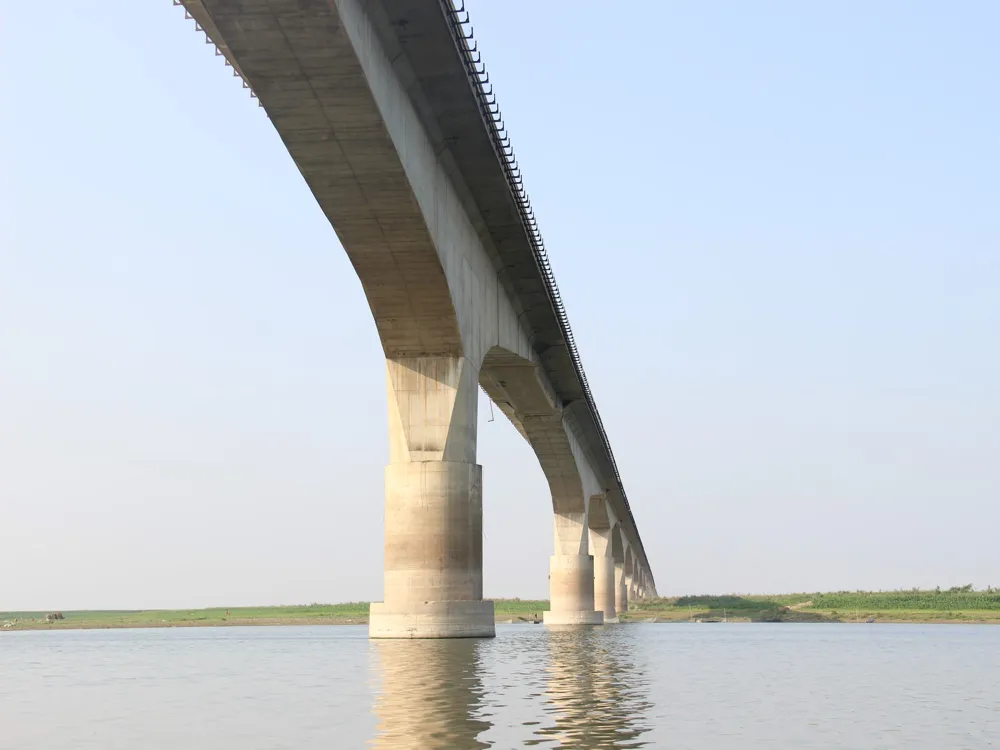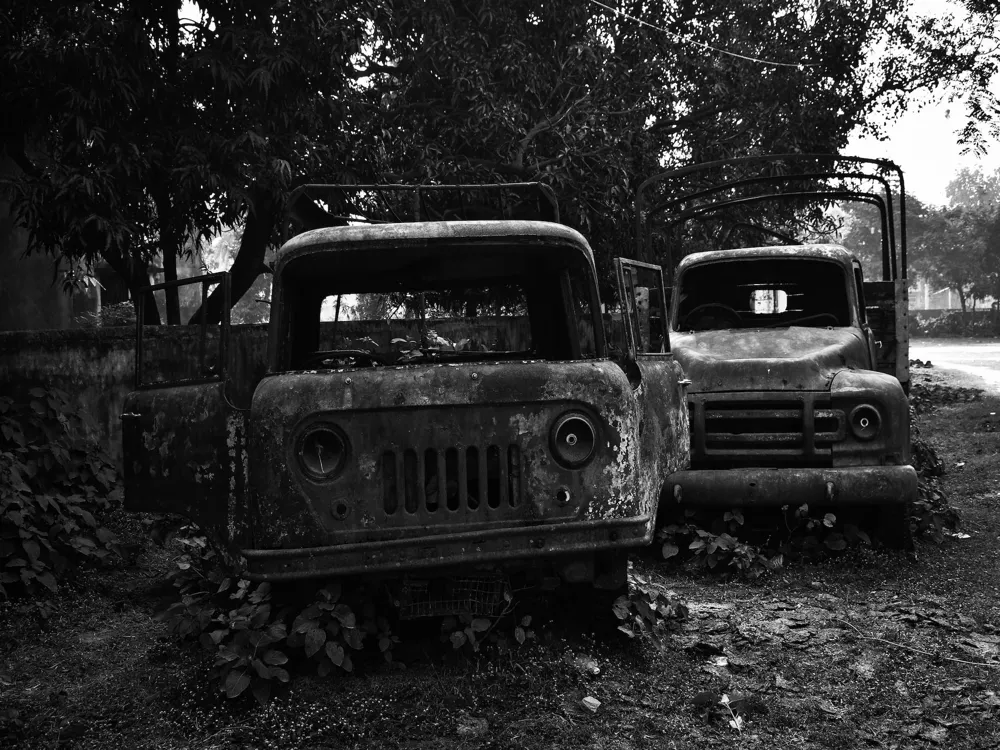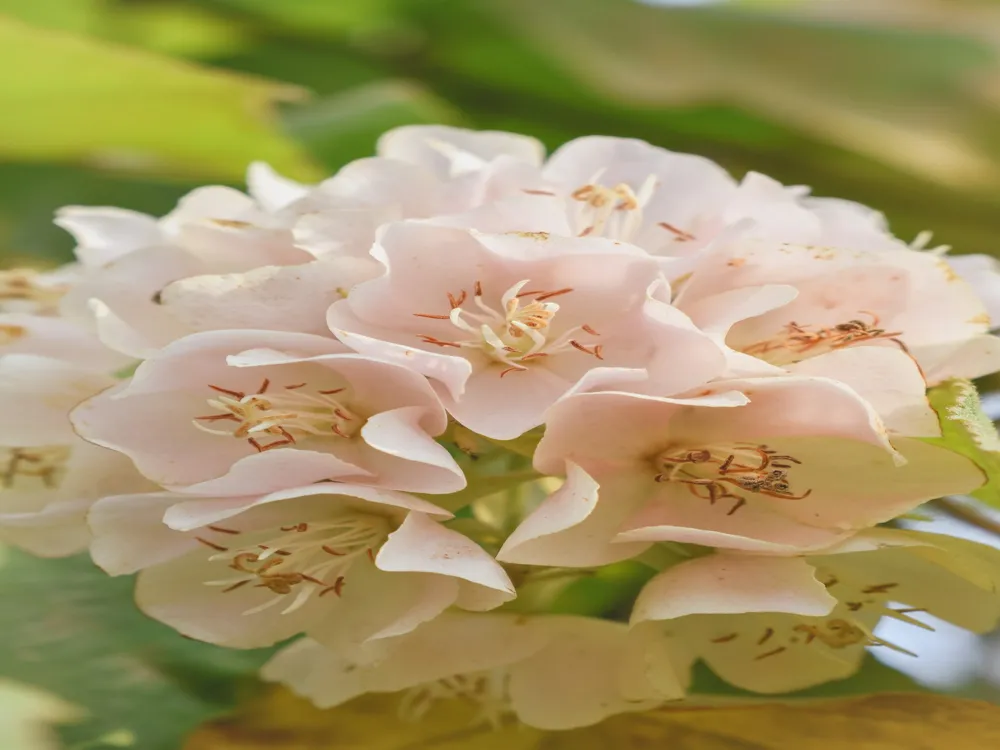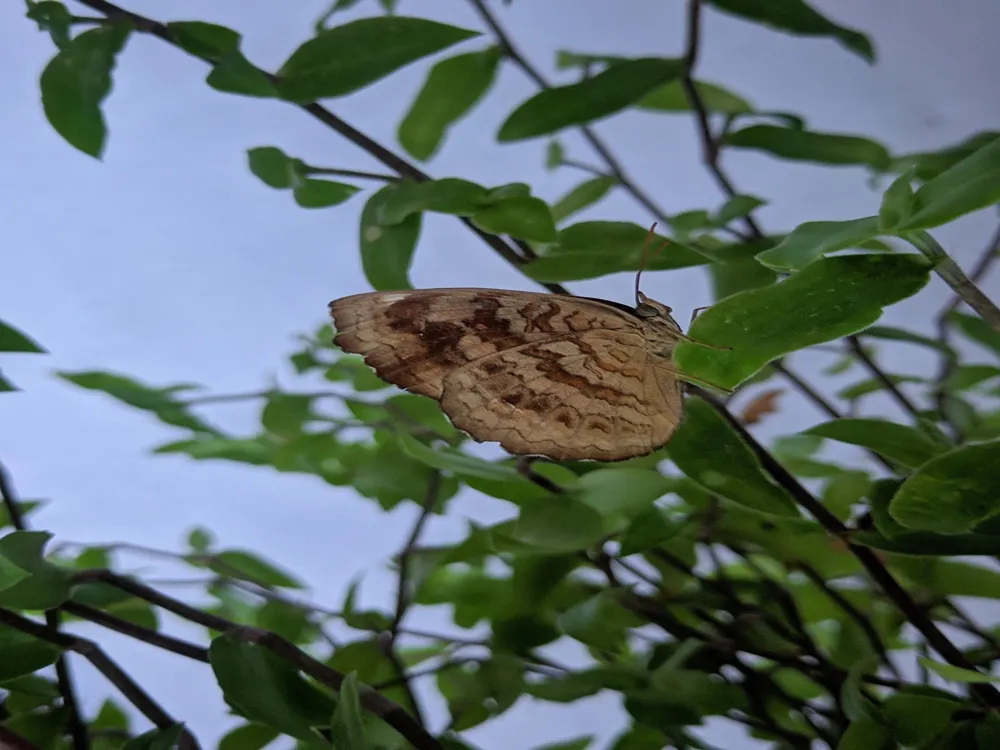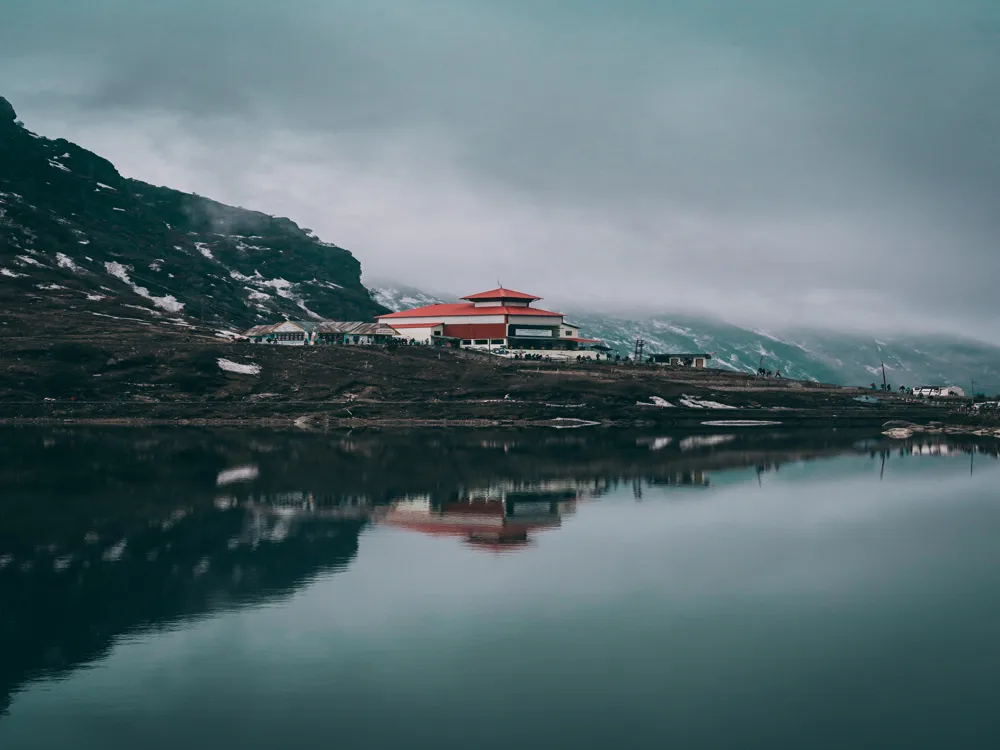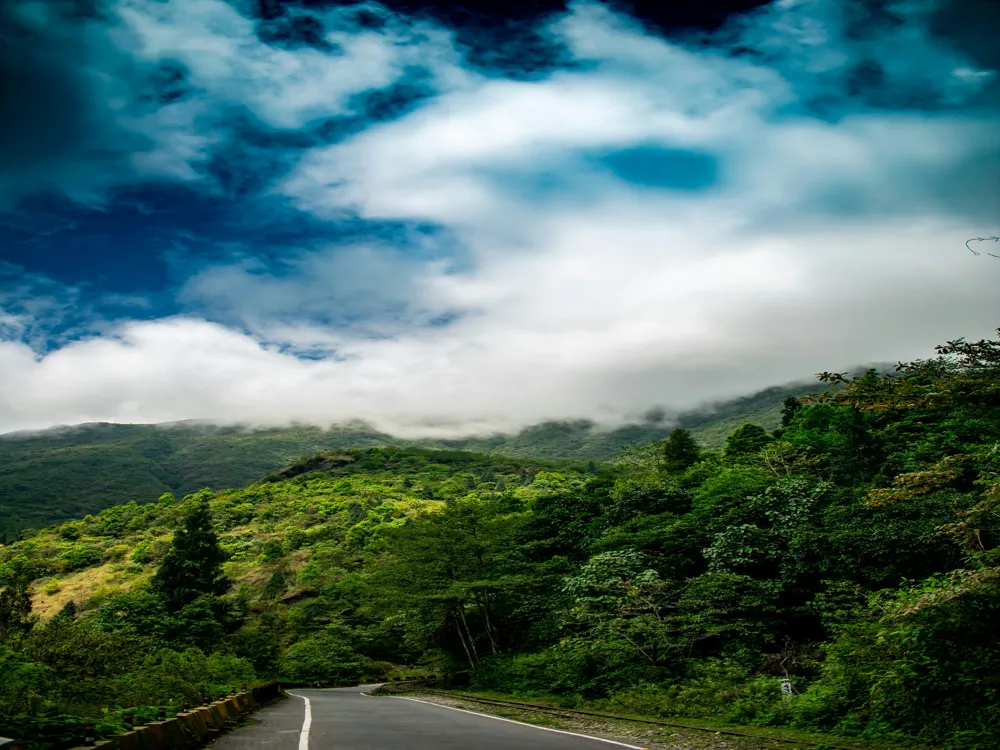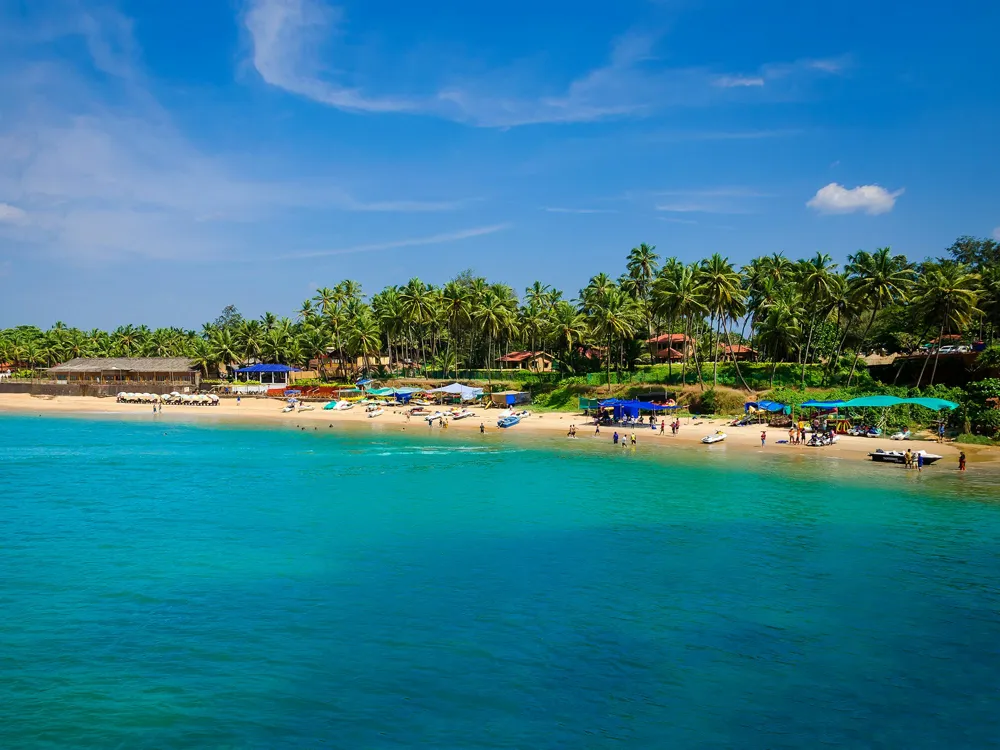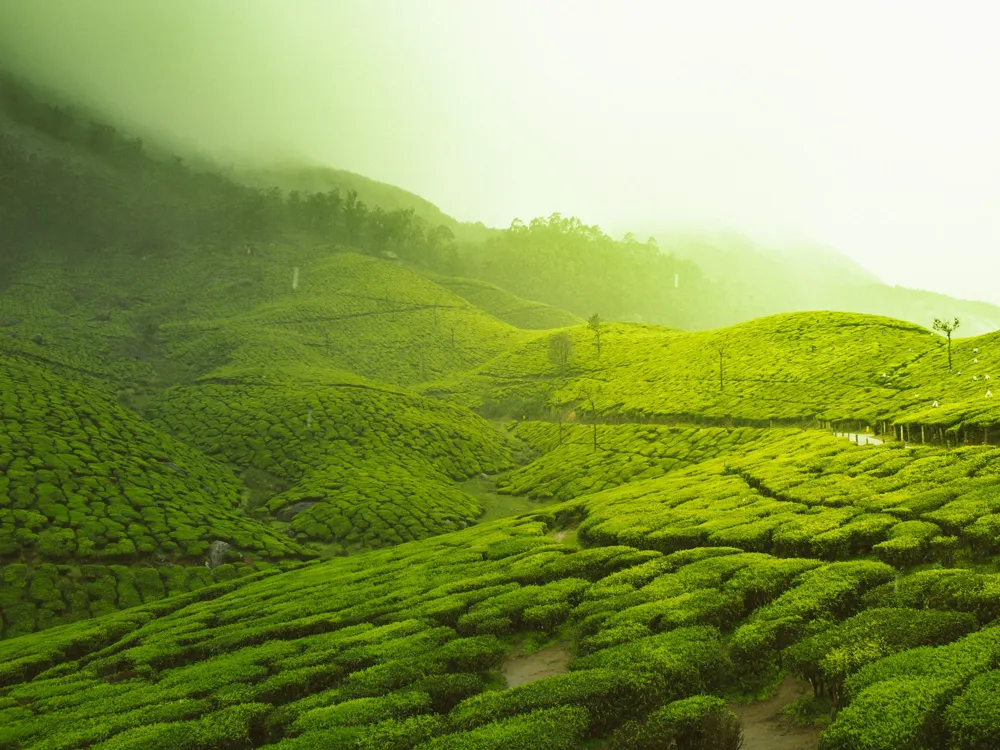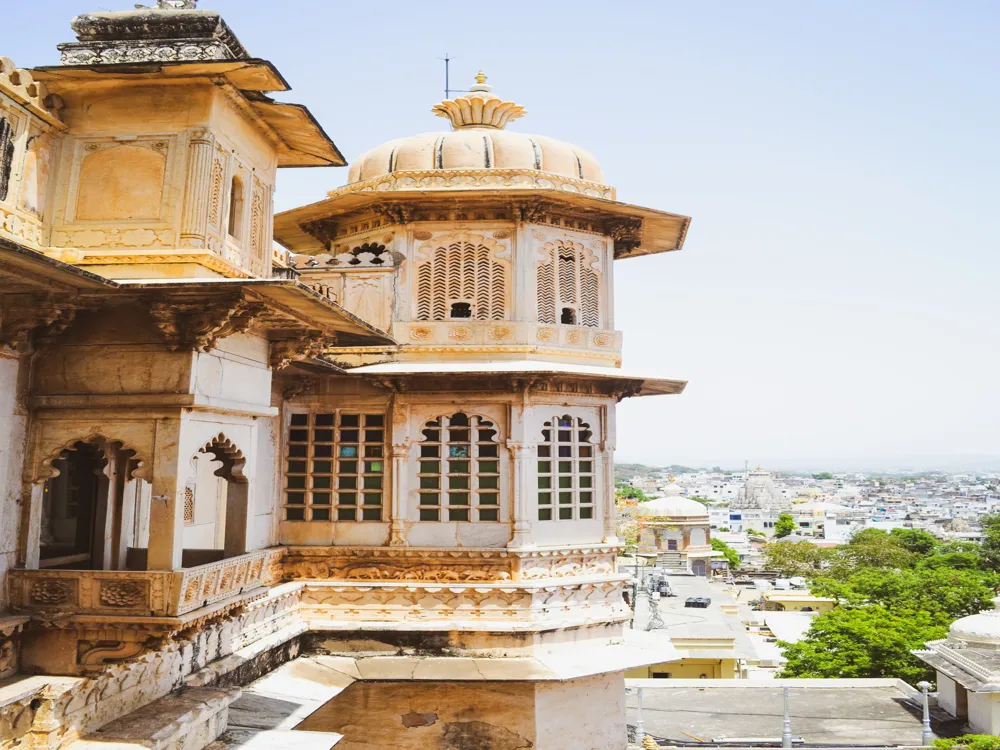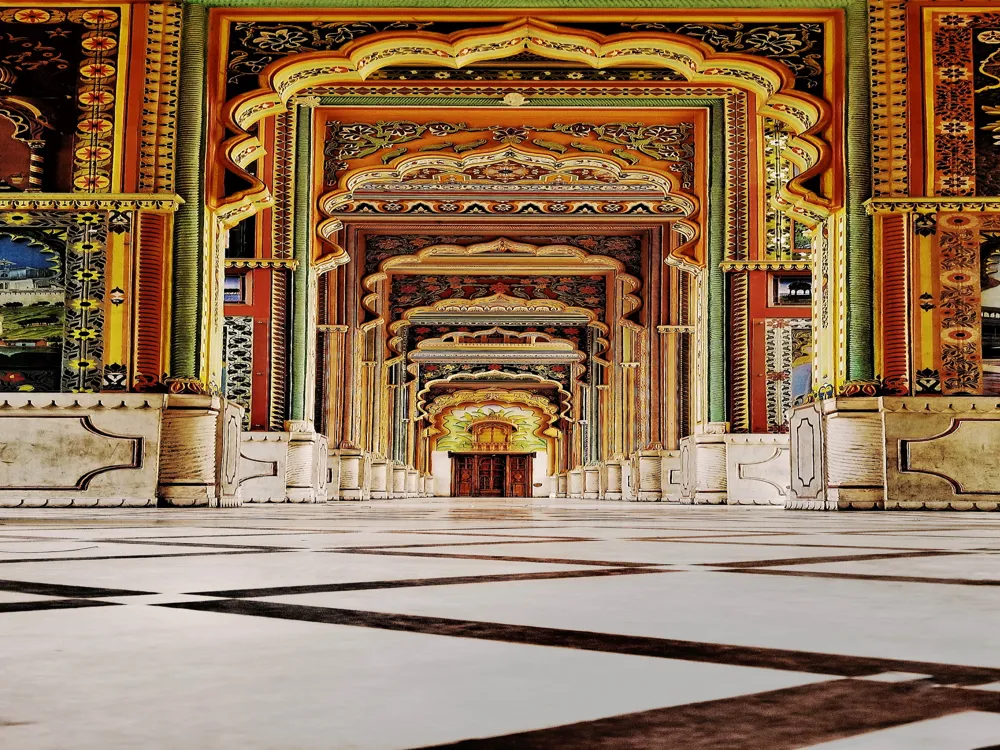Plan Your Travel To Bhagalpur
Places To Visit In Bhagalpur
Ajgaivinath Temple
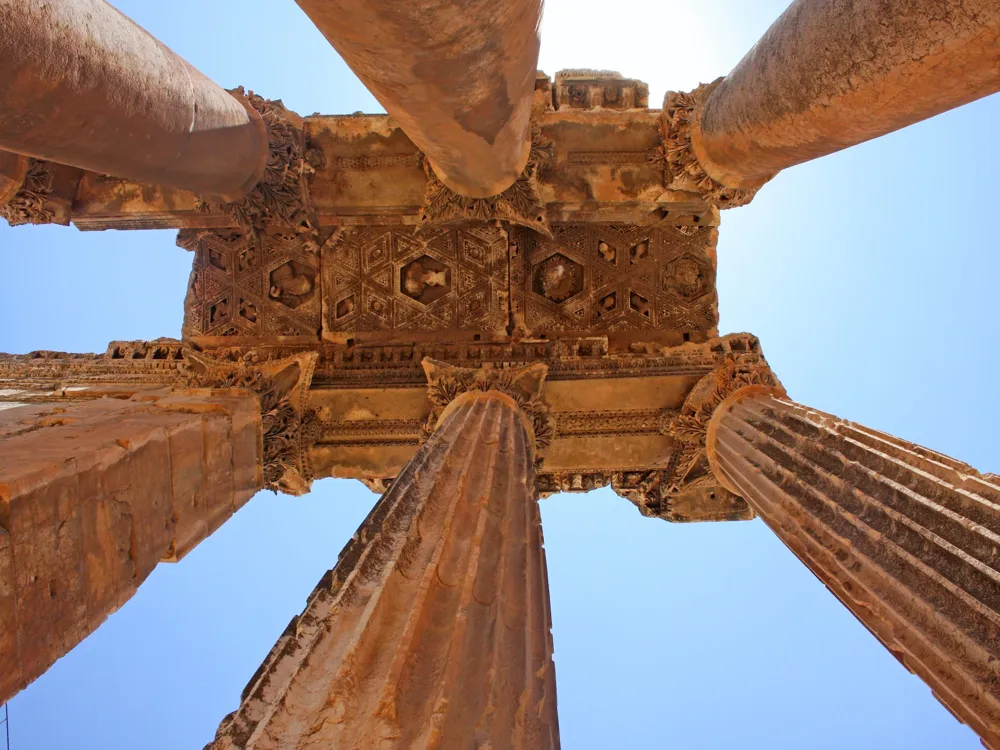
Ajgaivinath Temple, located in Sultanganj, is one of the most famous Hindu Temples dedicated to Lord Shiva. The Idol in the main temple of Ajgaibnath is believed to be Swayambhu (Self-manifester). The temple has been associated with Muni Jahnu, as a belief says that the Idol in the Ajgaivinath Temple protruded in Jahnu Muni’s ashram. There is a story which says that when Muni Jahnu was meditating in his ashram, the Ganges on her way to the ocean disturbed Jahnu with the ripples of her waves. Muni Jahnu is believed to have swallowed the whole river, and Muni Bhagirath saved the Ganges by making an incision on Jahnu’s thighs to make way for the Ganges. Thus river Ganges received the name Jahnavi.
Read More
Budhanath Temple
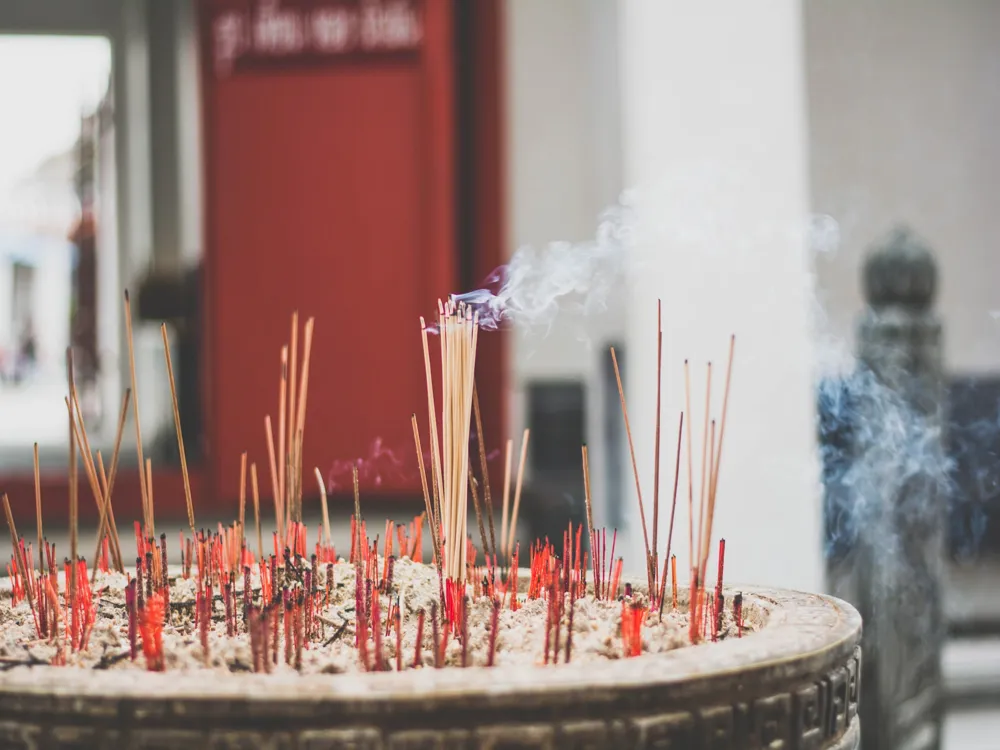
Budhanath temple is one of the main attractions of around Bhagalpur, and it is located on the banks of Uttaravahini Ganga (The Northward flowing Ganges). Budhanath happens to be one of the oldest temples of the region and welcomes a great inflow of devotees throughout the year. Baba Budhanath is referred to in the Shiva Puranas as Bal Vridheshwarnath in the first of the eight segments. The Shiva Linga that resides in the temple is believed to have been self-manifested as it is not known about the birth of the Shivalinga.
Read More
Champapur Jain Temple
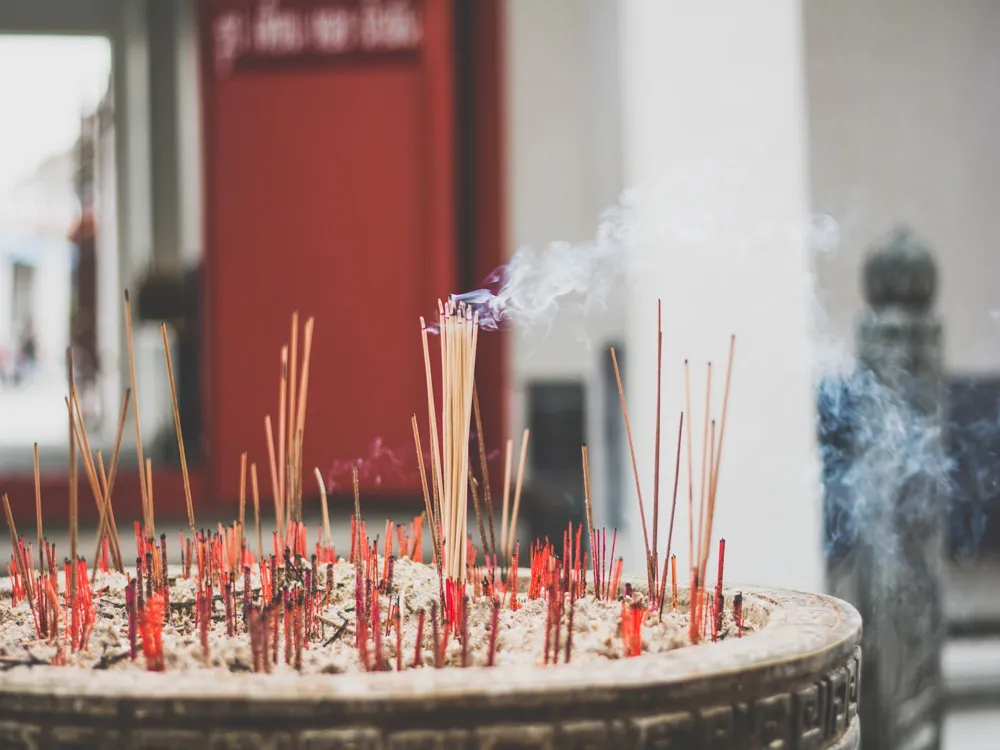
The Champapur Digambar Jain Mandir dedicated to Vasupujya, the 12th Tirthankara is located in Nathnagar of Bhagalpur city and happens to be an ancient and Historical Teerth Kshetra. It is believed that al the five Kalyanakas of Vasupujya Tirthankara took place in Champapur itself. Champapur is said to have been the capital of the Anga Kingdom ruled by Karna, the sixth Pandava. The Main temple of Champapur is believed to be about 2500 years, adorned with five altars symbolising the Five Kalyanaka. There are two spectacular ‘Columns of Fame’ that have survived among the four that existed on each corner of the compound. The most recent addition to the sculptures is the 31 feet tall statue of Vasupujya that was built under the guidance of a Charitable trust based in Nagaland.
Read More
Khanqah e Shahbazia

Situated beside the Bhagalpur Railway Station, Khanqah e Shahbazia is a place visited by numerous people of all faiths every year. Khanqah e Shahbazia is a mosque, and a shrine of the Sufi Shahbaz Rahmattullah who is considered to be one of the 40 sacred Sufis sent to spread the message of Allah. The Mosque was built by Aurangzeb and was frequently visited by him. Every Thursday, visitors assemble at the place to be blessed. Most of the visitors are said to be from the eastern parts of India and Bangladesh. There is a belief that the water in a pond here has medicinal qualities that can cure illness and snake bites. Archeological Survey of India has discovered some ancient manuscripts from the Basement of Khanqah e Shahbazia.
Read More
Kuppaghat Ashram

Kuppaghat is a place located by the banks of the holy river Ganges in Bhagalpur, Bihar. Kuppaghat translates to “cave by the banks of a river” and accordingly has a cave which is believed to have been used by Maharshi Mehi Paramhans as a place for meditation. Kuppaghat has been transformed in the later years as Maharshi Mehi Ashram and has grown to be a pilgrimage for the Followers of Santmat. Every year on the occasion of the Birth Anniversary of Maharshi Mehi, Maharshi Santsevi who was Mehi’s successor and on Guru Purnima, the Ashram is visited by many devotees. This dearness of the devotees made the Ashram as the National Headquarters of Akhila Bharatiya Santmat-Satsang. The Kuppaghat Ashram has a well-maintained garden and Orchard with sculptures and paintings of scenes depicting Lord Rama’s visit to Shabari and also of Jatayu’s death in the hands of Ravana along with spiritual quotes.
Read More
Mandar Parvat

Mandara Parvat (Hill) is located about 48 km to the south of Bhagalpur city in Bihar. Mandara is a nearly 750 feet tall granite hill, and according to a mythological text, Bhagalpur was the place where Samudra Manthan took place, and the Devatas and the Asuras churned the ocean of milk using Mount Mandara to obtain Elixir. The Serpent King Vasuki is said to have offered himself to be used as a rope to churn the ocean of milk, and the faint impressions of a coil on the Mandara hill stand as a proof of this story. One of the Purana says that Lord Vishnu Defeated the demon Madhu and placed the hill which is now known as Mandara, over him. The conch shell, Panchajanya, which marked the start of the war of Mahabharata is believed to have been obtained from the Shankha Kunda. Kalidasa refers to Vishnu’s foot marks on Mount Mandara in his epic Kumarasambhava. The Hill happens to have numerous sculptures of Hindu Gods cut into its Rocks. A belief among the Jains depicts that the 12th Tirthankara, Vasupujya attained Nirvana at the peak of the same hill.
Read More
Vikramshila Gangetic Dolphin Sanctuary

Located in the Bhagalpur District of Bihar, Vikramshila Gangetic Dolphin Sanctuary is stretched over a span of 50 km of the river Ganges, starting from Sultangunj to Kahalgaon. The Sanctuary was established in the year 1991 to protect the endangered species of Gangetic Dolphins which were once found in abundance, but now only a few hundreds of them have survived.
The Gangetic Dolphins were declared as the National Aquatic Animal of India in the first meeting of the National Ganga River Basin Authority on 5 October 2009. These Dolphins were classified under the IUCN Red List of 2006 as threatened and endangered species and were included in the Schedule-I of Indian Wildlife Protection Act of 1972. The Sanctuary is also home for various other Aquatic and Wild animals that come under the threatened category such as the Indian otter, Gharial, freshwater Turtles etc. The best time to visit the Sanctuary is between October and June.
Read More
Vikramshila

Known to be one of the most prominent Buddhist learning centres during the Pala Empire, Vikramshila was established as a measure when the quality of education at Nalanda started declining. Found by the Pala King Dharmapala sometime between the 8th and 9th century, Vikramshila was a part of the network of the five important learning centres of the era, and it was home to more than 100 teachers and 1000 students.
Information on the Vikramshila is mostly found in Tibetan writings of Taranatha, a Tibetan Monk of the 16th and 17t century. The subjects taught in the centre included philosophy, Metaphysics, Grammar, Indian Logic, Tantrism, etc. One of the most famous Scholars of Vikramshila is the abbot Atisha Dipankara who also found the Sarma traditions in Tibetan Buddhism. Vikramshila prospered and taught its students for more than four centuries since its establishment. Vikramshila’s prosperity came to an end when Bakhtiyar Khilji destroyed it in the year 1193 along with the other Buddhist centers.
Read More
Bhagalpur Travel Packages
View All Travel Packages Bhagalpur
Nearby Places Bhagalpur
Browse Package Collections
Browse Hotel Collections









